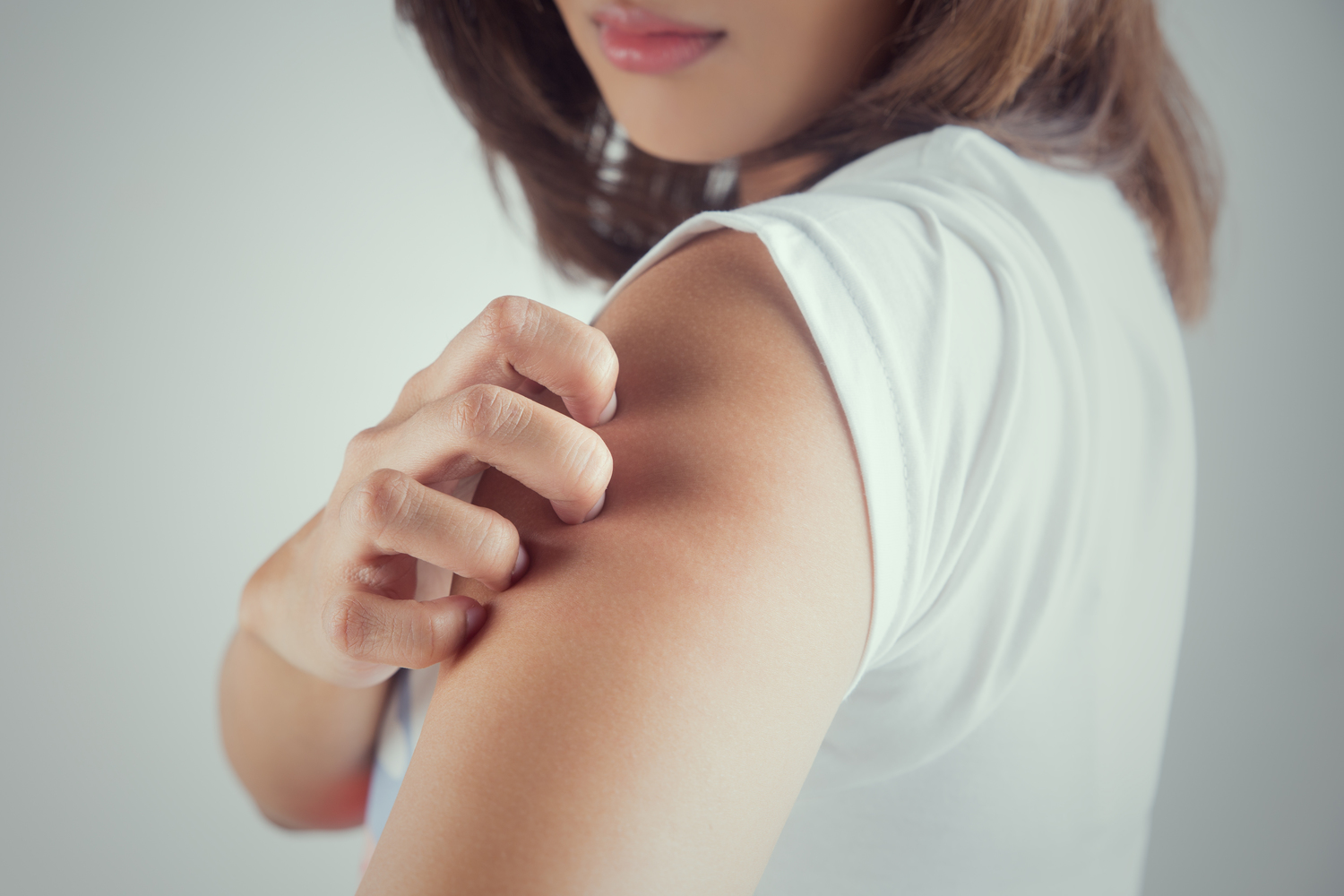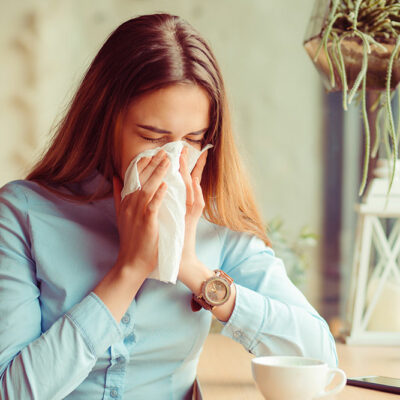
Eczema Triggers and How to Avoid Them
Eczema is a skin condition characterized by dryness, cracking, itchiness, and red coloration. Symptoms of eczema vary from a short term mild rash to a long term severe, mild rash. Eczema can affect any person, but in most cases, it affects children and adolescents. According to research, individuals with allergies are the most affected by eczema.
The condition is not contagious, however, continuous scratching of the skin can leave patients susceptible to skin infections. The best way to avoid an eczema flare up is to avoid the following triggers as much as possible:
1. Gluten or wheat
Some foods, like wheat and gluten, cause an eczema flareup. If you begin experiencing eczema symptoms, consult with your doctor for a proper diagnosis and some possible food sensitivity testing to determine if a wheat (or gluten) allergy is an underlying factor and trigger for eczema flare ups.
2. Soaps and detergents
Personal hygiene products, such as shampoos, laundry detergents, and body soaps may also trigger an eczema flareup after use. Not only do harsh soaps and detergents tend to dry out the skin, but those made with strong fragrances may also trigger eczema. It may be wise to switch to products made for sensitive skin or natural products that contain no fragrance. Many eczema patients also use shampoos for babies because they tend to be the most sensitive on skin.
3. Abrasive clothing
Some clothes like wool and mohair clothing that make direct contact with the skin can irritate eczema-prone and sensitive skin. Others made of non-breathable fabrics like synthetic nylon, rayon, and polyester may trap sweat and trigger an eczema flare up. Chemicals used in the manufacture of some clothing may also trigger sweating. This is why many eczema patients stick to breathable cotton and linen clothing, and wash all new clothing before wearing.
4. Heat and sweating
Exposure to sun and heat is a big no-no for many eczema patients. Sun exposure can dry out or cause sunburn, or cause increased sweating, which are all common triggers for eczema symptoms. Sometimes it’s tough to stay away from the sun, and certain sunscreens can irritate eczema-prone skin further. Those irritated by most store-bought sunscreens, apply mineral versions like titanium dioxide or zinc oxide to protect the skin. If your eczema results from sweat after workouts, do not stop exercising. However, try to exercise indoors in well ventilated, air conditioned settings, and take breaks to avoid irritating skin due to chaffing. Also, don’t over-dress while exercising as it may cause you to sweat more. Swimming is a great workout for those prone to skin irritation due to sweating.
5. Dust mites
Dust mites cause skin allergies in some people. To avoid eczema caused by dust mite reactions, vacuum your house regularly and wash your bedding in hot water at least once in a week. You should try to limit carpeted areas in your home as well if the condition continues.
6. Pollen
Pollen particles cause skin inflammation in many eczema patients. Spring can prompt increased eczema as well as pollen allergies as plants and trees begin to bloom. If you are sensitive to pollen, be mindful of daily pollen counts and on extreme days try to remain indoors as much as possible.


